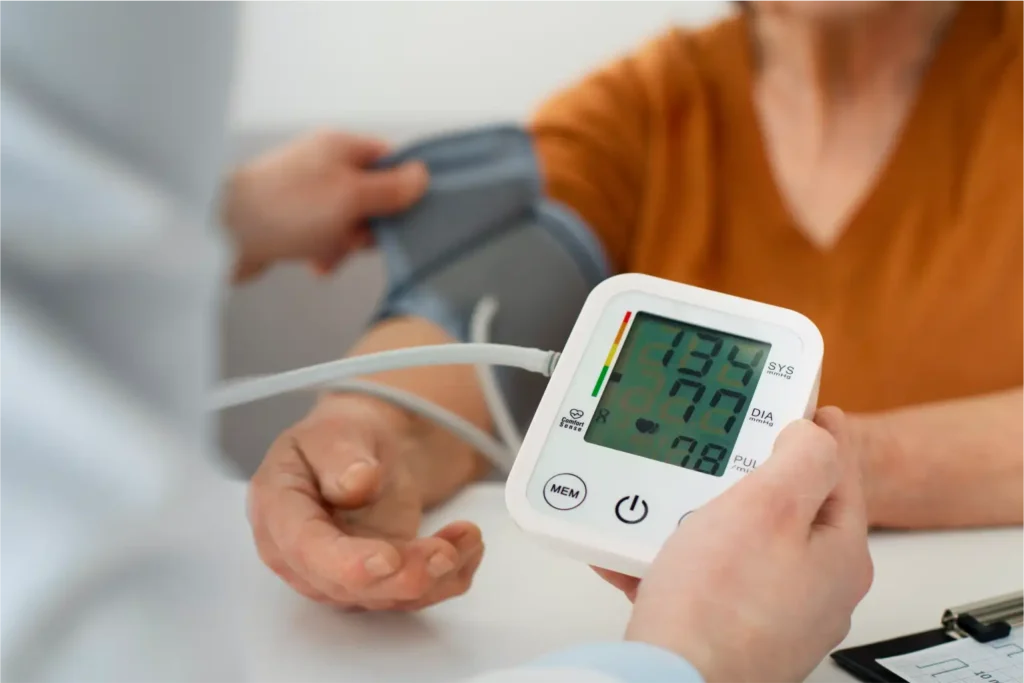
Hypertension guidelines 2025: A new set of clinical guidelines urges stronger prevention and early treatment of high blood pressure to reduce the risk of heart attack, stroke, kidney disease, and dementia. The recommendations, published in Circulation, Hypertension, and the Journal of the American College of Cardiology, update the 2017 US hypertension guidelines with the latest scientific evidence.
The “2025 Guideline for the Prevention, Detection, Evaluation, and Management of High Blood Pressure in Adults,” prepared by the American Heart Association (AHA) and American College of Cardiology (ACC), along with several partner organisations, calls for a combination of healthy lifestyle behaviours and the timely use of medication when necessary.
Also Read | What not to eat if you have high blood pressure
The update emphasises the importance of reducing salt intake, eating a heart-healthy diet, staying active, managing stress, and maintaining a healthy weight. For patients who require medication, the guideline encourages earlier initiation of treatment, which research shows can also help lower the risk of cognitive decline and dementia.
A key addition is the use of PREVENT™, a new cardiovascular risk calculator developed by the AHA in 2023. It estimates 10- and 30-year risk for heart disease and stroke by factoring in blood pressure, cholesterol, kidney health, and other indicators, including social determinants of health.
The guidelines reaffirm blood pressure thresholds set in 2017: normal (<120/80 mm Hg), elevated (120–129/<80), stage 1 hypertension (130–139/80–89), and stage 2 hypertension (≥140/90). A large chunk of the global population currently falls into the hypertension category, making it the most common and preventable risk factor for cardiovascular disease worldwide.
Also Read | How to lower blood pressure naturally: 10 tips that work
“High blood pressure is the most common and most modifiable risk factor for heart disease,” said Dr. Daniel W. Jones, chair of the writing committee and dean emeritus of the University of Mississippi School of Medicine. “By addressing risks earlier and tailoring strategies across a person’s lifespan, these updated guidelines aim to help more people live longer, healthier lives.”
The new document also updates guidance on pregnancy-related hypertension, obesity-related treatment, and newer therapies, such as GLP-1 medications for certain patients. It recommends closer monitoring during and after pregnancy, including potential low-dose aspirin use to reduce the risk of preeclampsia.
The guidelines were jointly issued by 13 medical associations, including the AHA, ACC, American Medical Association, American Geriatrics Society, and National Medical Association.
(Source: American Heart Association)








